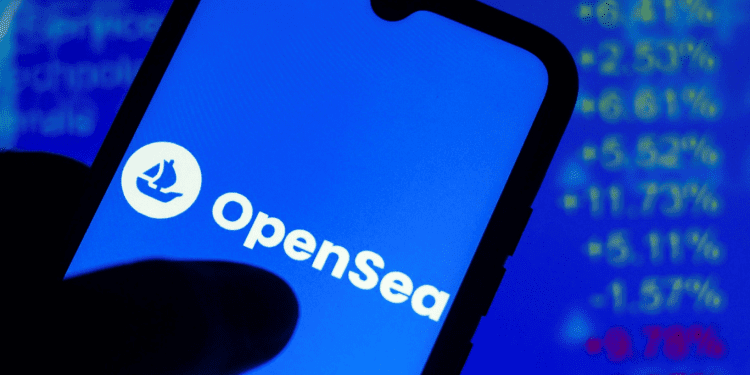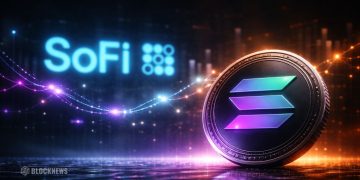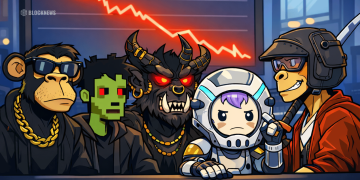- OpenSea will discontinue its royalty tool, Operator Filter, by the end of August.
- Other marketplaces like Blur, Dew, and LooksRare found workarounds to this tool, undermining its purpose.
- The move raises questions about passive income opportunities for NFT artists.
The widely-used NFT marketplace, OpenSea, has announced it will soon phase out its royalty enforcement feature, known as the Operator Filter. The feature was originally launched in November 2022 to help creators ensure they got their rightful cut from sales by blocking non-compliant marketplaces.
However, the decision to shut it down comes after OpenSea’s leader, Devin Finzer, expressed dissatisfaction with its performance. According to Finzer, the feature failed to gain significant traction and support within the broader NFT community. It’s been noted that certain NFT platforms found ways around it by adopting the Seaport Protocol. This move allowed them to evade the restrictions and, consequently, the creator fees.
Several artists expressed reservations about the Operator Filter, feeling it restricted their choice in determining where their artwork could be showcased. They felt this limitation might not align well with buyers who expect full ownership rights over purchased NFTs. Additionally, Finzer recognized that the feature seemed at odds with the broader concept of decentralized ownership, which is central to blockchain and NFT ideals.
Speaking of the versatility of NFT technology, Finzer indicated that while creator fees provide one income stream for artists, there are various other facets of NFTs that offer revenue potential. He shared that OpenSea’s forward-looking strategy aims to tap into newer areas, especially opportunities within digital and physical redemption, and to make these options more prominent to users.
From August 31 onwards, OpenSea’s Operator Filter will not obstruct any marketplace activities. However, it’s worth noting that for those who have already adopted the feature, especially for collections on non-Ethereum chains, the desired creator fees will be enforced until the end of February 2024.
In his final remarks, Finzer emphasized that creator fees are not being abolished, only the way they’ve been imposed so far.
This development has not been without its critics. Several voices within the NFT sphere voiced their discontent with OpenSea’s decision, emphasizing the importance of backing artists through royalty-driven platforms. In contrast, a digital artist on Reddit felt this might be a step in the right direction, hinting at possible exploitation of current market enthusiasm.
OpenSea on Balancing NFT Ownership Concerns
NFTs, underpinned by blockchain technology, have revolutionized how individuals perceive ownership. By distributing records across multiple computers, blockchains eliminate the dominance of single entities over digital information. This ensures each NFT remains unique and authentic, with details becoming a permanent, unalterable part of the blockchain. Unlike conventional digital assets, NFTs offer genuine ownership rights, promoting direct transactions without intermediaries.
However, this transformative shift has not been without its challenges. Artists on OpenSea, a leading NFT platform, recently voiced concerns over the Operator Filter. This tool, meant to aid artists, has been criticized for restricting their freedom in showcasing artwork, potentially dissuading buyers keen on complete ownership. OpenSea’s Devin Finzer recognized these worries, suggesting that some platform tools might contradict the essence of decentralized ownership championed by blockchain and NFTs. He reassured the community about OpenSea’s dedication to broadening avenues for artists, highlighting future ventures in both digital and tangible domains to diversify the NFT experience.













